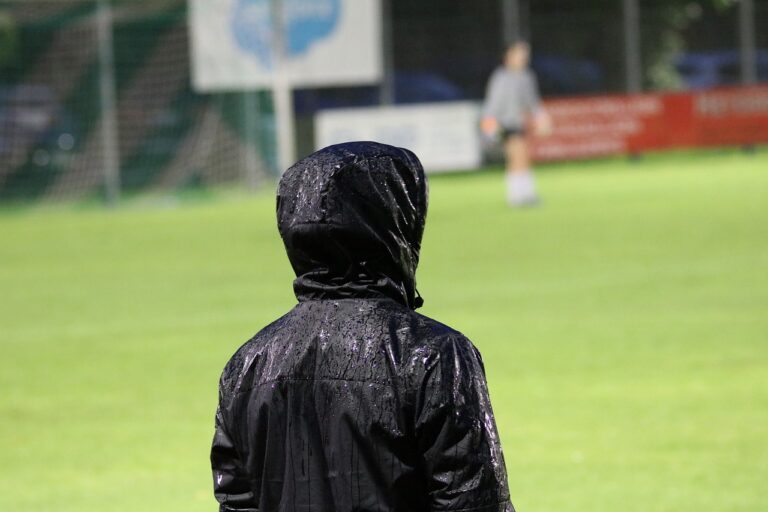Cricket and Cultural Identity in the Caribbean
Reddy Anna Book, Reddy Book Club: Cricket holds a special place in the heart of Caribbean culture, with a history that traces back centuries. Originally introduced by British colonizers in the 17th century, the sport quickly gained popularity among the locals, becoming a source of pride and camaraderie. The game’s roots in the region are intertwined with the complex history of slavery, resistance, and eventual independence, making it more than just a sport but a symbol of unity and resilience for many Caribbean nations.
Throughout the years, cricket has served as a platform for social change and political expression in the Caribbean. From legendary players like Sir Garfield Sobers to modern-day icons like Brian Lara, cricket has produced heroes who transcended the boundaries of the game to inspire generations. The sport has provided a sense of identity and belonging for Caribbean people, fostering a shared heritage that continues to shape communities and nations to this day.
How Cricket Reflects Caribbean Society
Cricket in the Caribbean has long served as a mirror of the society in which it thrives. It embodies the spirit of resilience, solidarity, and cultural diversity that characterizes the Caribbean region. The game’s popularity transcends boundaries of age, class, and ethnicity, bringing people together in a shared passion for the sport.
The strong sense of camaraderie and teamwork in cricket reflects the collective ethos of Caribbean society. From the village greens to the international stage, cricket serves as a unifying force that transcends social divides and fosters a sense of community. Through the highs and lows of the game, Caribbeans find common ground and celebrate their shared identity through the universal language of cricket.
The Influence of Colonialism on Caribbean Cricket
Caribbean cricket bears the indelible mark of colonialism, its origins intertwined with the legacy of British rule in the region. Introduced by the British in the late 19th century, cricket quickly became more than just a sport—it was a tool of cultural dominance and control. The colonial overlords used cricket as a means to maintain social order, instilling a sense of decorum and hierarchy among the local population.
Colonialism not only shaped the structure of Caribbean cricket but also influenced the development of the game itself. The emphasis on discipline, teamwork, and adherence to rules mirrored the values perpetuated by British colonial authorities. Additionally, the hierarchical nature of colonial society was reflected in the organization of cricket teams, with distinctions based on class and race playing a significant role in the selection and treatment of players.







